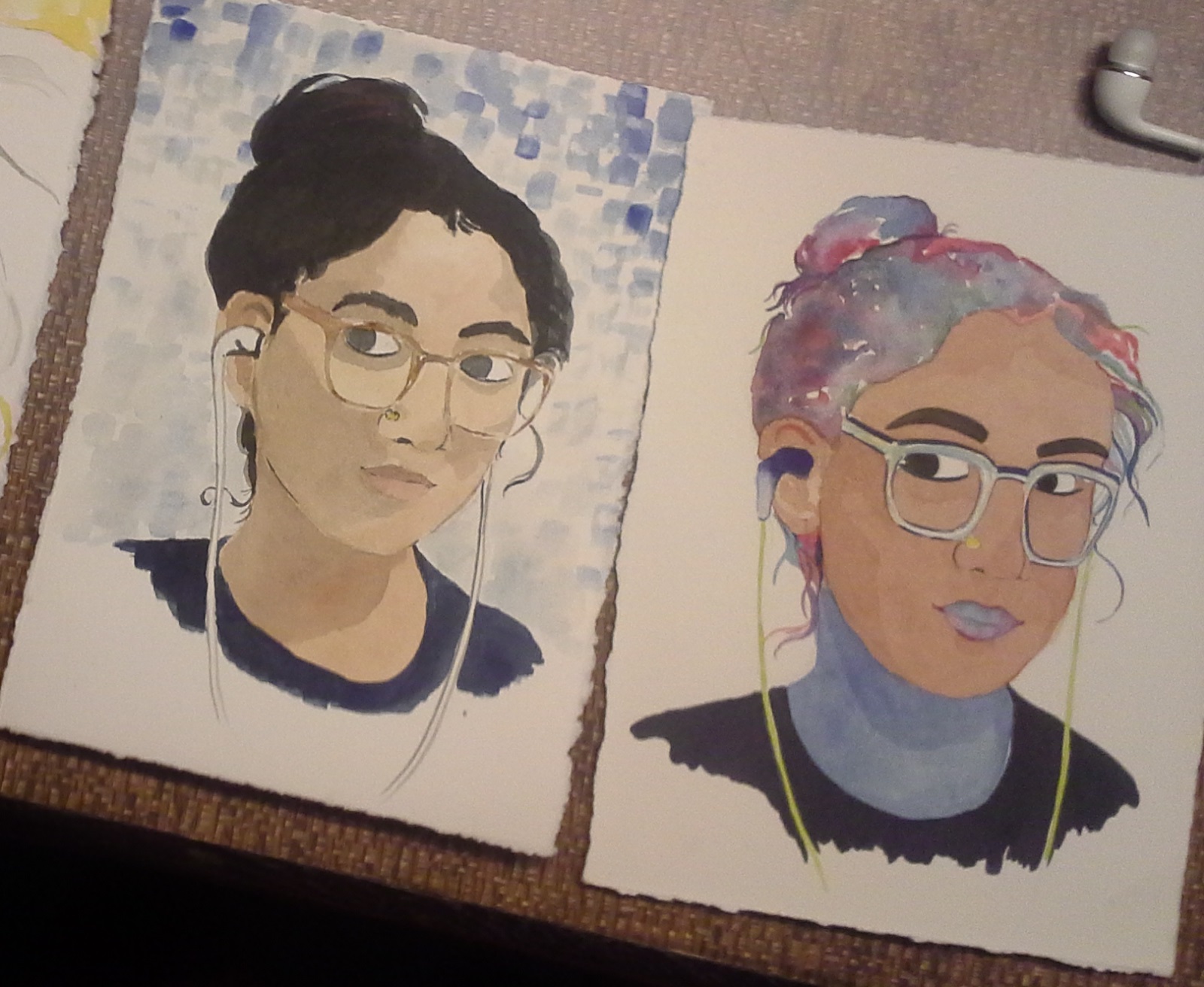By Sharanya Rao
My accent is a pretty good giveaway, but full disclosure: I’m an international student. I look very Indian, speak four Indian languages, and am quite oblivious to things many of my distinctly American friends consider to be the very foundation of their formative years (I haven’t watched a single episode of Bill Nye the Science Guy). My exclamations are occasionally punctuated by Kannada. Many of my friends can now boast of a semi-decent repertoire of Kannada words; my roommate in particular uncannily reproduces certain noises of frustration that are unique to my mother tongue.
And then, of course, there is the inevitable ‘culture shock.’ I get asked about this phenomenon far more times than I care to count. So, how bad is the culture shock? is one of those stock questions that I’ve learnt to expect. I always pretend to actually think about the question and then give them the same answer I’ve given about fifty other people: no, it’s not that bad, really.
That’s not even a lie, to be honest, because sometimes despite all that I have going for me (aforementioned accent, foreign passport, etc), it can actually be scarily easy to forget that I’m an international student. I went to schools where English is the primary medium of instruction, spoke to most of my friends in English, and watched a lot of movies and TV shows in English. My baking and pasta are actually significantly better than my sambhar and rotis. The internet also helped…a lot. Here at Mary Baldwin, I don’t fit people’s schemas of ‘international, ESL student.’ I speak very fluent English, work two jobs on campus, and by virtue of rabid reading, Netflix, and Tumblr habits, understand a lot of American pop culture. It’s gotten to the point of my roommate genuinely remarking to me, I wonder what it would be like to have an international roommate. What’s worse? I also wondered that for a minute.
There are some obvious, big things that do stand out, but I don’t usually end up talking about them anymore because they’ve all become so routine to my life here. Classroom ethics and education systems are radically different, Americans and Indians have very different ideas about what the right amount of personal space is, and the dynamics that a lot of people have with authority figures here are new to me. But like I said, these are the Big Things. What else did you expect, is what I told myself when I moved here. And because of how much all the Big Things intersect, it’s very easy for me to compartmentalize life in India and life in America.
What doesn’t occur to me when people ask me about culture shock and when I think about it for myself are all the little things. Some are not wholly pleasant. For example, I don’t particularly appreciate my Social Security documents declaring me a “Lawful Alien.” That’s always a rather snippy reminder that my presence in this country is contingent on a slew of rules and regulations and that my student visa expires when I graduate. I know this does not technically count as ‘culture shock,’ but for someone who’s always lived in her country of birth, it’s a new, startling feeling that I associate with my stay in the United States. Other experiences are far more rewarding. I recoiled when I first saw my friends buttering toast for a grilled cheese sandwich. I’m used to one slice of cheese between two plain slices of bread. Butter and cheese seemed wrong and unnecessary. I found out soon enough, it’s not. It’s wonderful. I still make cheese sandwiches my way, but at least I know now. It’s also worth mentioning that watching my friends’ expressions of amusement and satisfaction is almost as great as most of the new experiences they expose me to.
But what’s really new for me here is not the food I smother in hot sauce because everything’s always too bland, it’s not the snow, it’s not the concept of daylight saving time. It’s the structure of learning, the ethos of a liberal arts women’s college. I move from performing and analyzing statistical tests in one class to writing about women in visual art and intersectionality in another. The potential for mastery of the middle ground astounds me. There aren’t enough words to express how much I value being able to openly discuss gender, sexuality, race, and religion on just about every corner of this campus.
I distinctly remember assuring someone in India before I left for the States for the first time two years ago that nothing was going to change. What, do you think I’m going to come back with blue hair is exactly what I said. What lies. A lot hasn’t changed, sure, but at the same time, a lot has: casual paradigm shifts in how I critically think about things, strengthening of feminist ideals, inclusivity and intersectionality, and gender, sex, and sexuality as spectrums instead of binaries.
By the way, did you know I’m dyeing my hair blue soon?




